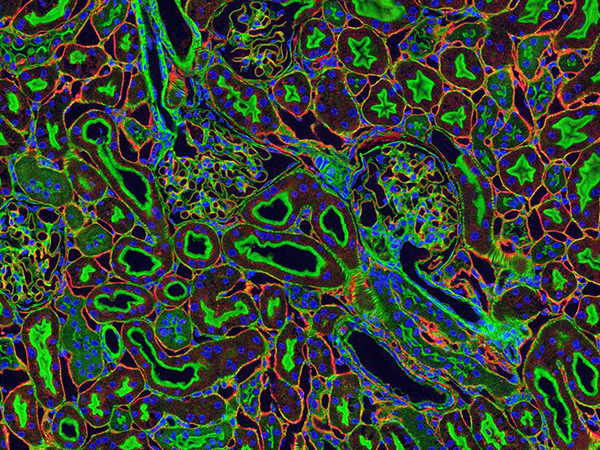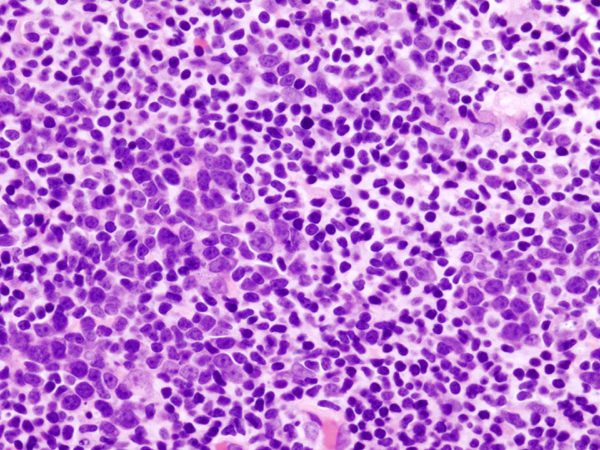Gestational Trophoblastic Disease

Gestational trophoblastic disease (GTD) is a group of rare diseases in which a tumor develops inside the uterus from tissue that forms after conception. This tissue is made of trophoblast cells and normally surrounds the fertilized egg in the uterus. Trophoblast cells help connect the fertilized egg to the wall of the uterus and form part of the placenta, the organ that passes nutrients from the mother to the fetus.
Sometimes there is a problem with the fertilized egg and trophoblast cells. Instead of a healthy fetus developing, a tumor forms. Until there are signs or symptoms of the tumor, the pregnancy will seem like a normal pregnancy.
Most GTD is benign and does not spread, but some types become malignant and spread to nearby tissues or distant parts of the body.
Gestational Trophoblastic Disease Treatment (PDQ®)Source: National Cancer Institute



